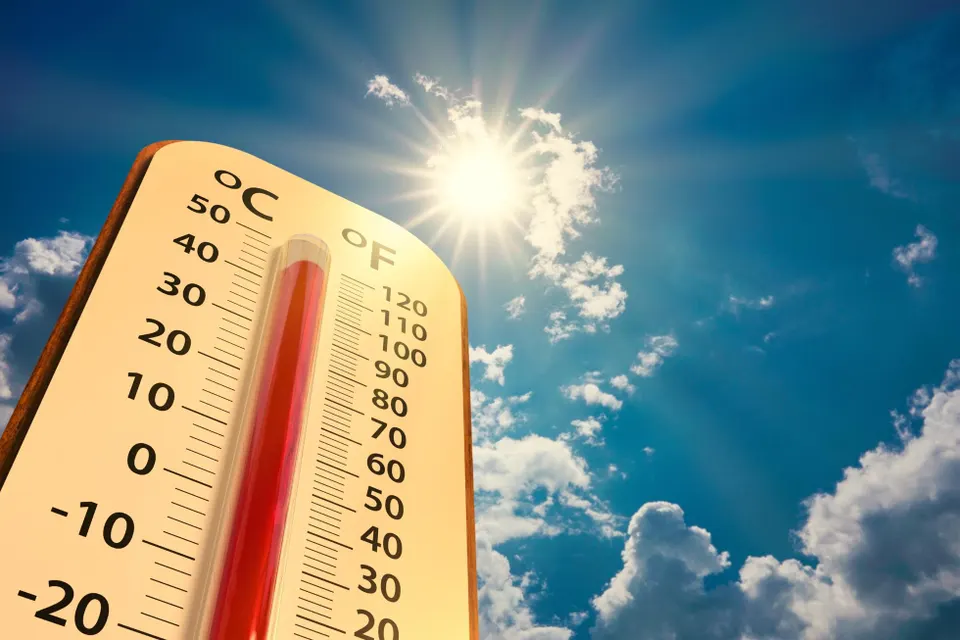The past week continued to shatter heat records. The Fourth of July was the hottest day on Earth in as many as 125,000 years, as the global average temperature reached 62.92 degrees Fahrenheit, according to data from the University of Maine’s Climate Change Institute. Cities from Portland, Oregon to El Paso, Texas to Tampa, Florida all hit record highs.
The heat underscores a growing need to address issues of energy insecurity. More than 30 million U.S. households are energy insecure, meaning they can’t meet basic needs for cooling or heating their homes, according to a policy brief published in Health Affairs. This hits low-income and Black and Latino households particularly hard and is being exacerbated by structural racism and climate change, among other issues, according to Diana Hernandez, an associate professor at Columbia University Mailman School of Public Health.
In 2020, around 25 million households went without food or medicine in order to pay their energy bills and around half of them received a disconnection notice, according to federal data. “The somewhat good news is that there is hope for addressing energy insecurity now with recent world events including the Covid-19 pandemic, global social unrest and the war in Ukraine which may spur further investments in renewable energy,” Hernandez said in a statement.
Read more at Forbes.com




